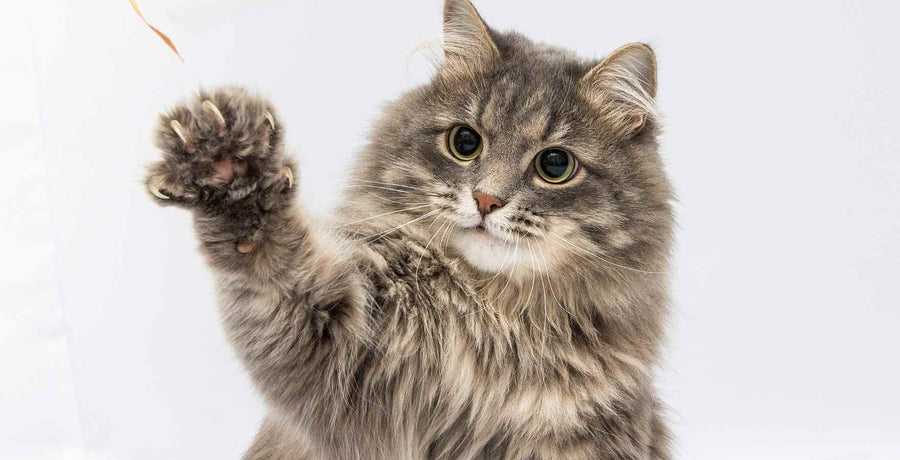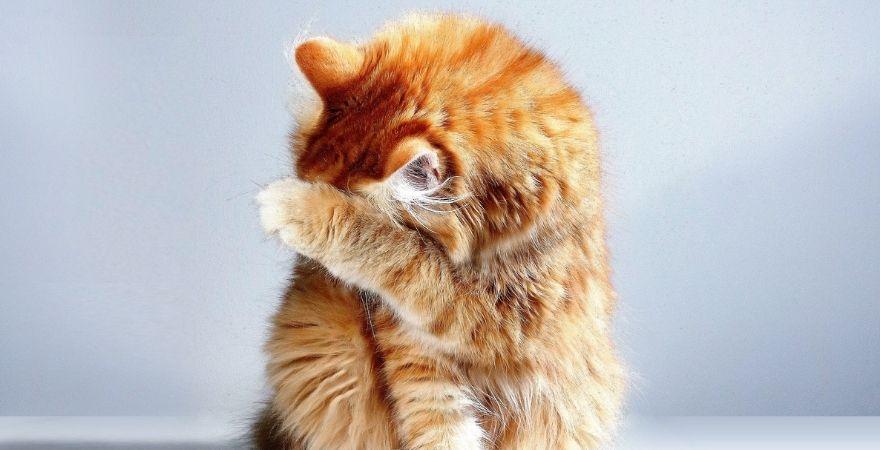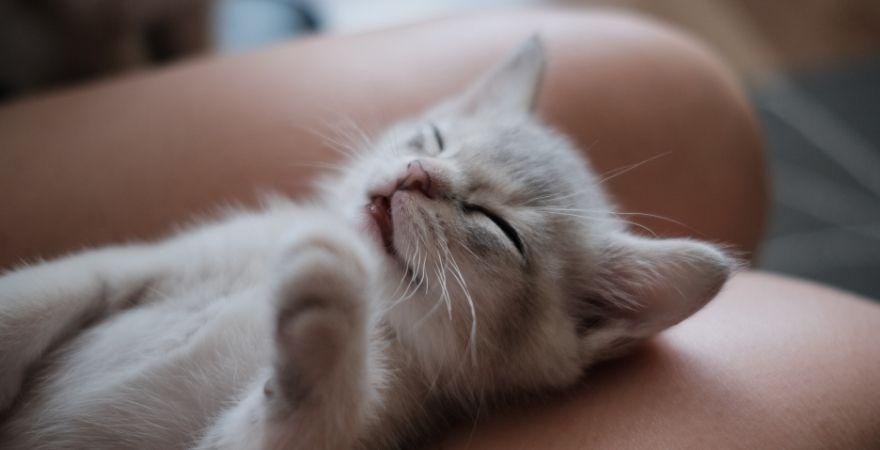Chronic Kidney Disease in Cats
Once your kitty has been diagnosed with CKD, the next step is to decide on an appropriate course of treatment.
Although CKD is progressive, it's by no means a death sentence. In fact, there are multiple ways to treat and manage it, which allow your cat to enjoy the best quality of life whilst living with this condition.
Prior to choosing the most appropriate treatment, your vet will need to carry out some tests to understand the stage of the illness. These tests will involve taking blood and urine samples. Here, your vet will try to identity the levels of urea and creatinine in your cat’s blood and the concentration of their urine. They may also test the amount of blood passing through the glomeruli of the kidneys each minute, known as glomerular filtration rate. Cat’s found to be suffering from dehydration, anaemia, altered blood salt levels, altered blood acidity, urinary tract infections, proteinuria and renal secondary hyperparathyroidism are also likely to be suffering from CKD.
Once the extent of your cat’s CKD has been established, you cat’s vet will be able to recommend the best course of action. One of the most common questions asked by cat owners following a diagnosis of CKD is “will my cat have to go on medication?” Despite CKD being a serious condition amongst cats, medication is not always required to treat the symptoms associated.
This is not to say that your cat may not require medication in the future, but it is fantastic news for all owners who would rather not put their cat on medication for the remainder of their life.
Some of the therapies available to help manage your cat’s CKD can include:
- Diet – Your cats quality of life and life expectancy will drastically improve if you change the diet to that which is specially formulated to benefit kidney health. Available in both wet and dry forms these diets will contain restricted levels of phosphate and high quality protein, along with increased amounts of potassium, B vitamins and calories.
- Hydration – Dehydration is one of the most common symptoms found in cats suffering from CKD and one of the simplest to treat. Hydrated with a high water intake and a moist diet will help tackle this.
Now, these therapies are straightforward in theory. However, a change in your cat’s diet and routine will take time for them to get used to. We suggest gradually introducing these changes in your home. We’ve found this works better for your cat, and will relieve some of the pressure you may be feeling.
Any questions and queries you may have following the diagnosis of your cat’s CKD and the recommendation of a treatment plan can be discussed with your cat’s vet. They will also be able to offer further advice and support for owners struggling to come to terms with their cat’s CKD diagnosis.
Reaching out for support from family and friends is recommended to all owners introducing their cat to these treatment methods. There are also a number of cat charities who can provide extra advice & support if required.



